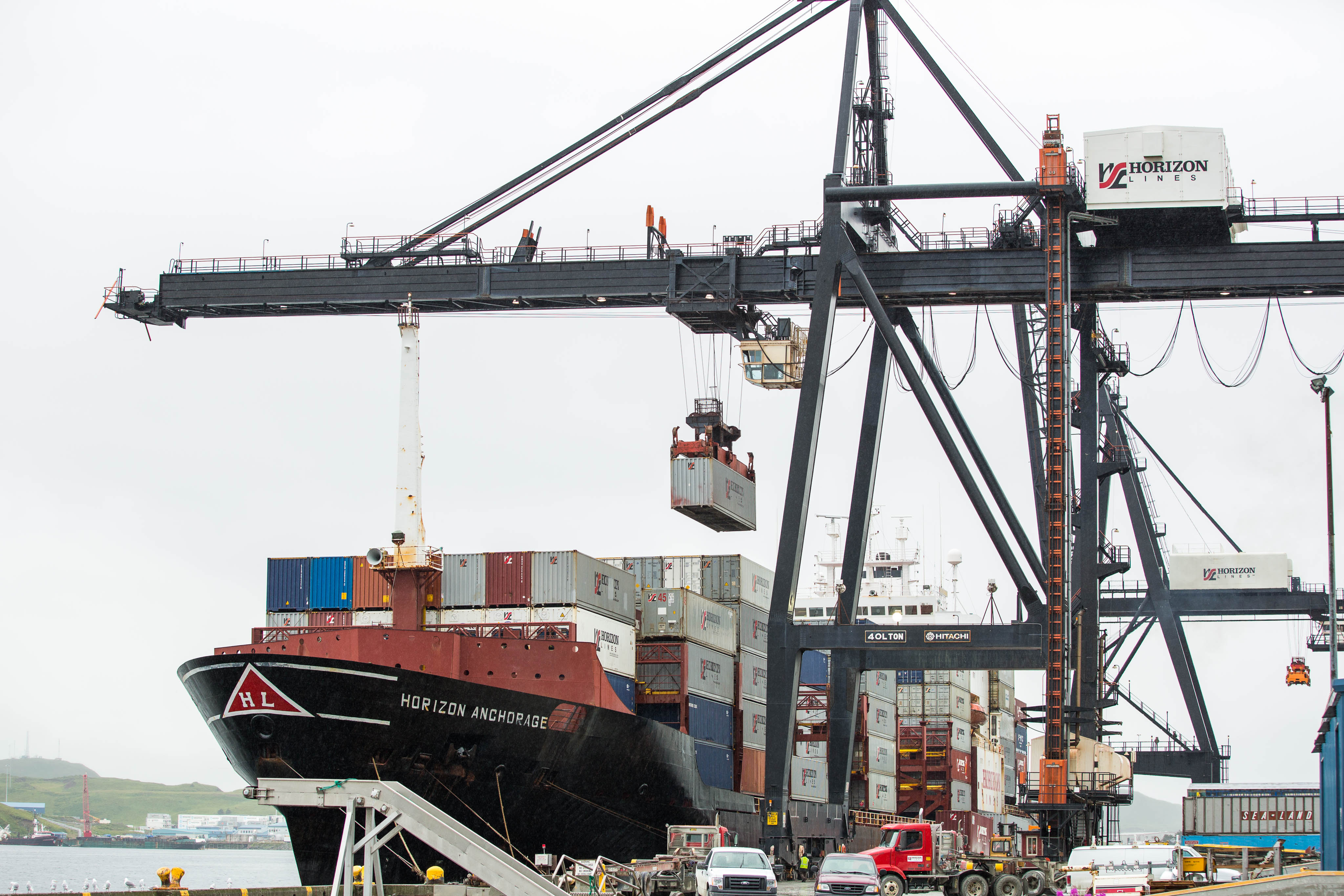Conservation groups renew push for an IMO ban on heavy fuel oil in the Arctic
Officially, heavy fuel oil is not on the agenda for the current meeting of the International Maritime Organisation’s Marine Environment Protection Committee which began a five-day gathering at the organisation’s London headquarters on Monday.
That fact, however, has not deterred conservation groups, concerned about the environmental and health dangers related to the use and transport of heavy-fuel, from forcing the MEPC to take up the matter anyway.

The MEPC, according to its bylaws, considers any matter within the IMO’s scope that is concerned with prevention and control of pollution from ships. When the committee completes all the points on its agenda for this session it will open up the floor to other business, and it is here conservation groups plan to make a pitch for considering a ban on heavy-fuel oil.
“That is the first step in getting it on the MEPC’s agenda for later meetings,” says Bryan Comer, a scientist with the International Council on Clean Transportation, a Washington think-tank. “The next step is for a country to stand up to support making a ban an official point on its next agenda. We’re encouraged by what we’ve seen so far.”
[OPINION: Why we need to get the world’s dirtiest fuel out of Arctic waters]
There are several problems associated with heavy fuel oil. First, it is a health hazard for humans: When burned, it releases soot, known as black carbon, that can cause respiratory and cardiovascular disease, cancer and birth defects if inhaled.
In the environment, black carbon amplifies the effects of global warming by coating snow and ice with an energy-absorbing layer that speeds the rate at which ice melts.
An added concern is the damage that heavy fuel oil would cause in the event of a spill, either from their own tanks or when carried as a cargo. The likelihood of an accident will increase as the number of ships sailing in the region rises, warn conservation groups. Because heavy fuel oil is toxic and has a tar-like consistency, a spill is challenging to clean up under the most ideal circumstances. In the Arctic, advocates of a ban suggest, it would be impossible.
“Heavy fuel oil poses a major risk to the environment and the coastal communities of the Arctic that depend on the sea,” says Sian Prior, an advisor with the HFO-Free Arctic Campaign, a newly formed conservancy.
Given its potential to damage polar environments, heavy fuel oil has already been phased out in the Antarctic, as well as around Svalbard. Prior warns against assuming that the next logical step is an Arctic-wide ban.
“Ship traffic in the south is different. There you have mostly cruise, fishing and research vessels, which all have an easier time changing over to other types of fuel. That made it possible for a large number of Antarctic Treaty signatories to reach consensus on a heavy-fuel-oil ban. That was significant in convincing the IMO to take up the matter.”
In the North, where cargo-shipping accounts for a larger volume of traffic, and where half of ships use heavy fuel oil, according to a recent ICCT report, drumming up support for a similar ban has not reached the same critical mass the Antarctic ban had.
“To date, discussions have been premature,” Prior says, “but there was plenty of heavy fuel use in the Antarctic before the agreement came into force as well, so a ban is not unthinkable. We seem to have gained some of the momentum we need to begin discussing one.”
Part of the reason why an Arctic ban is being given a warmer reception is an agreement, reached in March by U.S. President Barack Obama and Canadian Prime Minister Justin Trudeau, to address the risks posed by heavy fuel oil as Arctic shipping becomes more attractive to shippers.
Yet, even with the growing willingness to discuss an Arctic ban, Prior’s group and others warn that what is happening in London is part of a long-term effort.
“We’re not going to see [a] ban come out of this meeting. Or a decision to vote on a ban. What we expect to see is a commitment to address the matter.”
Were that to happen, it could be the point that marks the end of the beginning of efforts to ban heavy fuel oil.